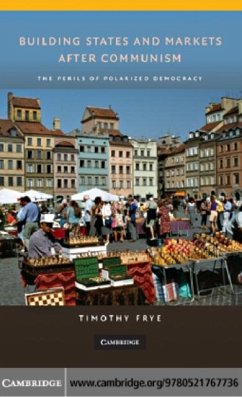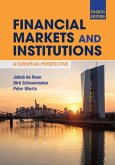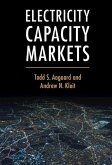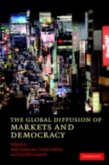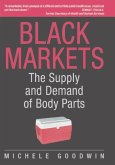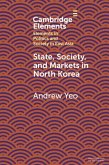Does democracy promote the creation of market economies and robust state institutions? Do state-building and market-building go hand in hand? Or do they work at cross-purposes? This book examines the relationship between state-building and market-building in 25 post-communist countries from 1990 to 2004. Based on cross-national statistical analyses, surveys of business managers, and case studies from Russia, Bulgaria, Poland, and Uzbekistan, Timothy Frye demonstrates that democracy is associated with more economic reform, stronger state institutions, and higher social transfers when political polarization is low. But he also finds that increases in political polarization dampen the positive impact of democracy by making policy less predictable. He traces the roots of political polarization to high levels of income inequality and the institutional legacy of communist rule. By identifying when and how democracy fosters markets and states, this work contributes to long-standing debates in comparative politics, public policy, and post-communist studies.
Dieser Download kann aus rechtlichen Gründen nur mit Rechnungsadresse in A, B, BG, CY, CZ, D, DK, EW, E, FIN, F, GR, HR, H, IRL, I, LT, L, LR, M, NL, PL, P, R, S, SLO, SK ausgeliefert werden.

